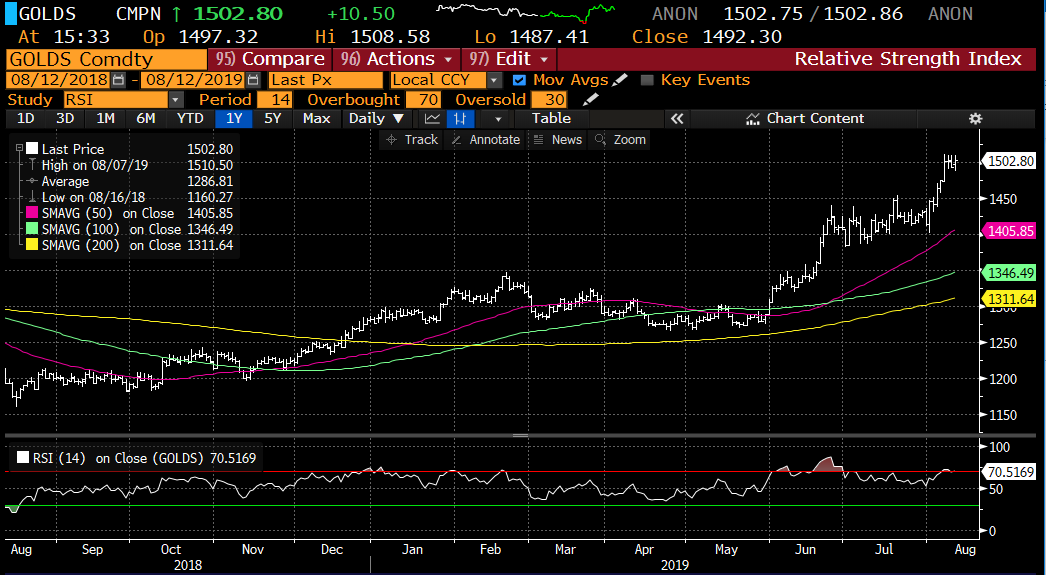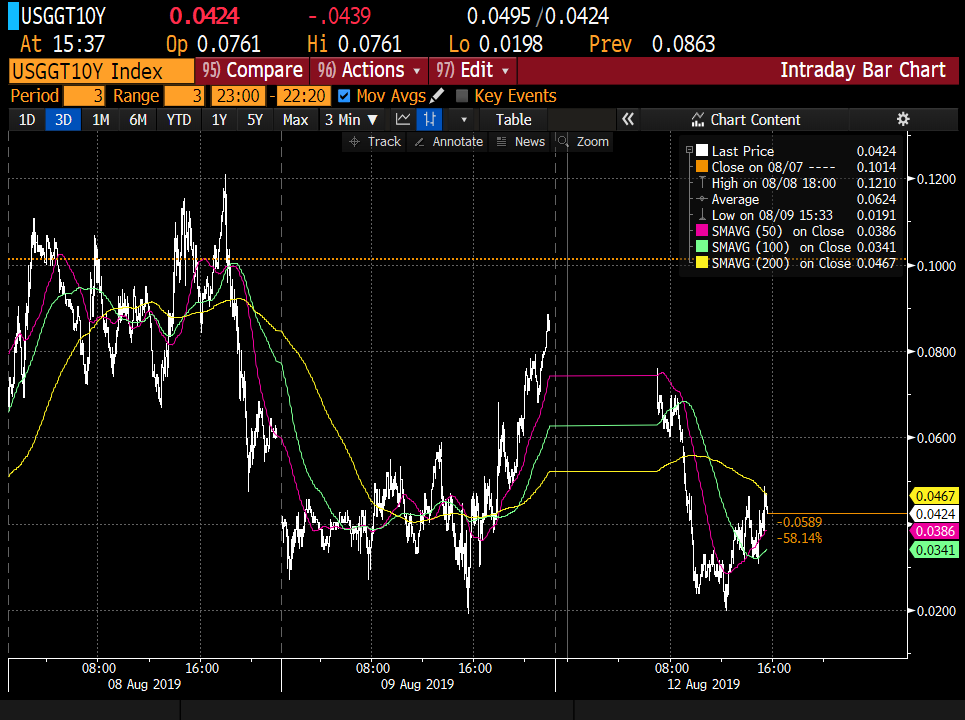By late December, before the coronavirus was on the world’s radar, Taiwan’s government was already sensing danger from rumours of a new respiratory disease emerging from Wuhan,
Taipei began to block flights from China and quarantine people from infected zones before other Asian capitals chose to do so,
Public buildings including schools, malls and office blocks require anyone entering to disinfect their hands,
Audrey Tang, the digital minister, topped the strategy with an online tracing system that allows people to search
Taiwan’s alertness and expertise were borne out of the trauma of the Sudden Acute Respiratory Syndrome (Sars) that ravaged the island in 2003, and out of a deep mistrust of China
Taiwan combined tight border control from the air and sea with swift identification and quarantine of suspicious cases. National health and immigration information was integrated to track individuals at high risk because of recent travel to
Meanwhile, a hotline was set up in each major city for citizens to report suspicious symptoms.
“Through early recognition of the crisis, daily briefings to the public, and simple health messaging,
“Taiwan is an example of how a society can respond quickly to a crisis and protect the interests of its citizens.”







